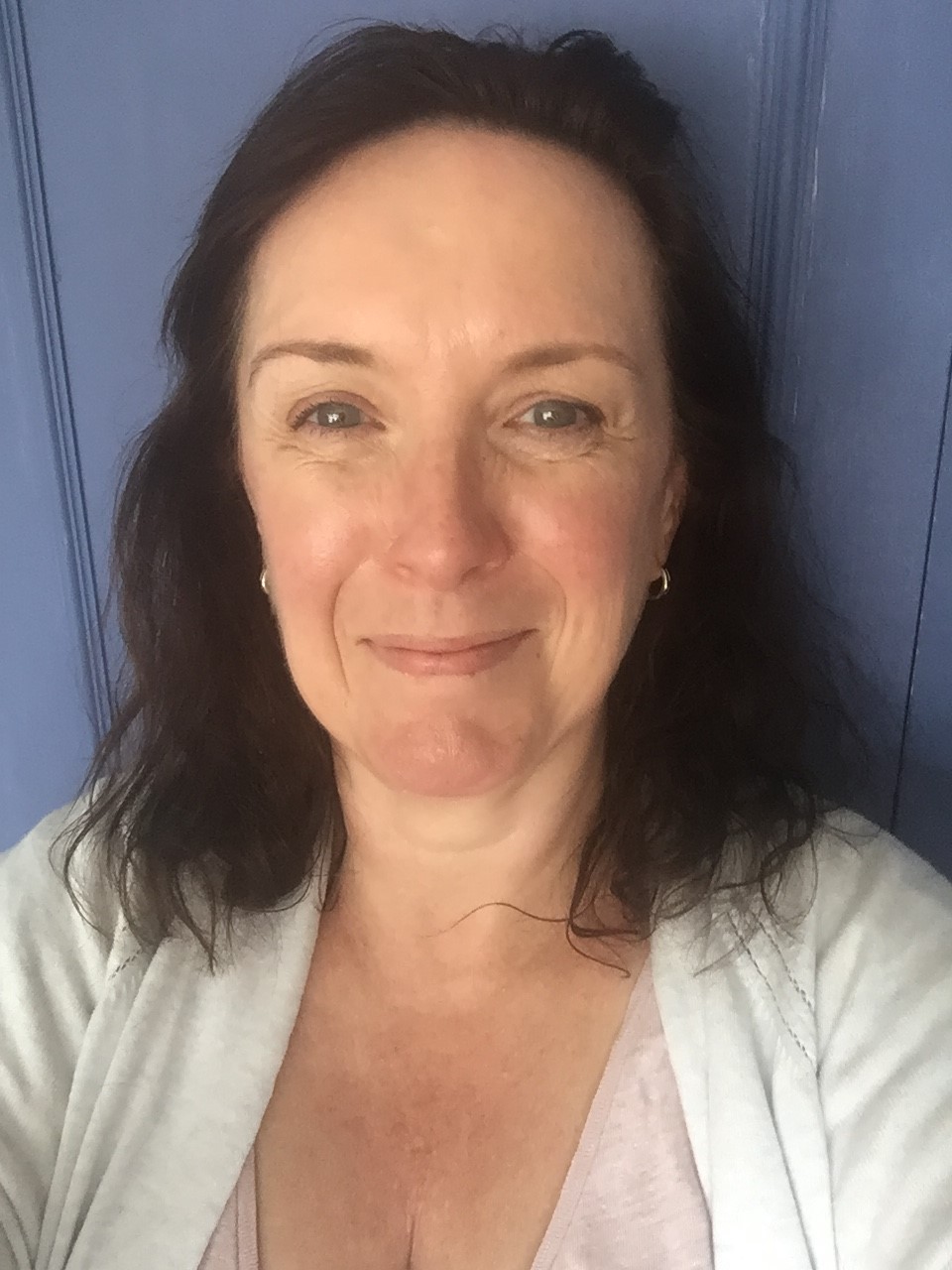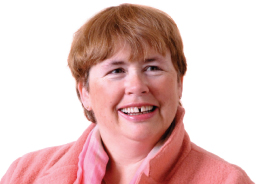Meet the CS-SEG Team
Emeritus Professor Tony Butterworth CBE
Between 1964 and 1970 Tony qualified as a mental health and general nurse. Following an extensive clinical career, he was appointed to the then Manchester Polytechnic and shared in the pioneering development of a post-registration course for CPNs and a part-time undergraduate degree for clinical nurses. In 1987 he was appointed as the Inaugural QNI Chair of Community Nursing at the University of Manchester. In 1994 he was invited by the Secretary of State for health to Chair a review of mental health nursing in the UK resulting in a DOH report ‘Partnerships in Care’. In 1997 he was elected to be the General Secretary of the Global group of WHO Collaborating Centers for nursing and in 1998 became the founding Chair of the UK Council of Deans for Health. Following periods as a Head of Department he became Dean of School and served as Pro-Vice Chancellor for external affairs at the University. He returned to the NHS in 2001 as the CEO of the Trent WDC. He led a UKCRC review of clinical academic careers for nursing and the health professions leading to an influential report in 2007 – ‘Developing the best research professionals. He became Non-Executive Director NHSI and its Chair in 2011. In 2015 he was named in the HSJ top Clinical Leaders list and cited as ‘one of those people who other people of influence go to for advice’. He is presently a Trustee of the Burdett Trust and the Trafford Counselling and Family Centre.
What does clinical supervision for nurses mean to you?
I cannot see how a person-centred profession such as nursing can effectively exist without clinical supervision. I have been researching and teaching clinical supervision for more than 30 years. With colleagues we published a first text–book in 1992 and have contributed to the development of clinical supervision for nurses through research and teaching. The necessary elements that are explored through education, reflection and organisational responsibilities are central to safe and accountable practice. For some, clinical supervision is a little threatening and intrusive but other than the demands of practice ‘privacies’ there should really be no secrets to the practice of nurses. The demanding nature of practice requires that nurses can share the burdens they experience and learn continuously from new experiences. This clinical focus should not be seen as managerial oversight, rather as an opportunity to enhance and develop safe and expert practice between expert clinicians. As we said in an introduction to our book in 1998 – ‘The ultimate goal is surely when clinical supervision becomes unremarkable and part of everyday practice‘.
Ellie Gordon
Ellie Gordon is Chair of the RCN Mental Health forum, and a mental health and addiction specialist nurse. She has worked as a mental health nurse for over 20 years, working across the NHS, Social Care and PIVO during this time, she has worked in patient facing roles, operational and strategic management as well as occupying a commissioning role for a number of years.
Most recently she has occupied national roles in both NHS e/I and more recently Health Education England, where she currently works as senior nurse for learning disability and mental health in the Nursing and Midwifery directorate.
What does clinical supervision for nurses mean to you?
It gives us all space to breathe, it’s that time when we can take a moment to take a step back, both psychologically and emotionally. It is a chance to step away from patient care, and instead of thinking about everyone else, focus on ourselves and our professional development.
It’s a safe space where we can work through the highlights, the lowlights and everything in between. A space for us to reflect, grow and breathe.
It is something that as we progress and develop throughout our careers, will change and alter, as we change and alter. It flexes as our skills and knowledge develop, and continues to be responsive to our needs both personal and professional.
It has shaped me as the nurse I am today, and ensured that I am not only a reflective nurse but one who invariably recognises the benefit of listening to those who now most and best, our patients.

Susie Gurner
Susie has been a Registered Mental Health Nurse since 2008 when she qualified in Brighton. Susie worked in various inpatient units as a staff nurse and Charge Nurse/Deputy Ward Manager before spending several years in Team Lead roles, for Crisis Resolution and Home Treatment, Assertive Outreach and Community Mental Health Teams. Susie spent 3 years as Senior Nurse for Caerphilly County Borough and has recently moved into a more strategic role as Deputy Lead Nurse for Adult Mental Health in ABUHB. The All Wales Mental Health Nursing Framework states that supervision should be available to all nurses and it is part of Susie’s role to embed this in their culture and practice.
Susie developed an interest in supervision during her time in Crisis services, having seen a need to introduce regular reflection and emotional support for staff, and has completed a Post Graduate Diploma in Consultative Supervision. Susie has taken forward her passion for supervision by creating a model of providing Clinical Supervision to inpatient Mental Health Nurses in ABUHB and by teaching on the in house Clinical Supervisor course. She is currently completing her dissertation about this project.
What does clinical supervision for nurses mean to you?
I am passionate about recognising and celebrating the difficult work that nurses do. Supervision is a key tool in providing emotional support, reflective opportunities and wider thinking about one’s practice. I believe that for too long nurses have viewed supervision as being the work of other professions. While I value the richness that other disciplines can bring to a supervision relationship, I am keen to support nurses to develop the skill and knowledge to both deliver and receive good quality supervision themselves. I believe that nurses have much to offer in keeping each other engaged and inspired in providing high quality care, under pressure.
Stephen Jones
A registered mental health nurse, Stephen embarked on an unconventional career pathway; a journey of practice and research development. Stephen shaped and commenced a bespoke HEE funded clinical-academic pathway, consolidating his practice at Oxleas NHS, while commencing a full-time PhD at the University of Greenwich. Stephen has practiced as a registered mental health nurse in the acute inpatient setting, recovery and rehabilitation service, crisis and home treatment and single point of access (assessment and triage). In its final write-up stage, Stephen’s doctoral research explored the influence senior nurse leaders have on mental health nurses towards implementing recovery-orientated practices.
In 2015, Stephen was named a Nursing Times Rising Star for his enthusiasm and commitment to the role of mental health nursing. He has a proven track record of leading change and promoting innovation; improving service-user outcomes, while developing and enriching the professional role of the mental health nurse. Stephen holds a keen interest in mental health workforce development, in particular the areas of career pathways, leadership, teamwork and multi-disciplinary person-centered collaborative working.
Stephen joined the RCN as professional lead for mental health in January 2021. Prior to this appointment, Stephen worked in the South London Mental Health and Community Partnership (SLP), driving the advancement of senior nursing careers across Oxleas, SLaM and SWLSTG. In his role at the RCN, Stephen’s priorities include: driving the UK-wide parity-of-esteem agenda, supporting the mental wellbeing of the nursing workforce, as well as supporting, developing and promoting the work of the RCN Mental Health Forum. Twitter: @SWJ_1


Amelia Lyons
Amelia works as a clinical supervisor trainer in Aneurin Bevan University Health Board, as well as being trained as a MH Nurse, she is also a Group Analyst, a counsellor, a trainer and an accredited Balint Group leader. Amelia worked in higher education for two decades before entering Nursing in Mental Health. Already a trained psychotherapist, she wanted to work in severe mental health and spent some years working on an adult forensic/rehab ward. She undertook additional training as a group analyst running a therapy group for patients in secondary care.
In 2016 the clinical supervisor trainer post was specially developed to grow clinical supervision in ABUHB. The need for supervision was recognised. There are 3 ways in which Amelia aims to realise this opportunity in role : i) by designing and leading an annual in house programme for health professionals to train as approved clinical supervisors; ii) by running supervision groups to support supervisors in their clinical practice and iii) by brokering some clinical supervision within the organisation. Amelia also works with the regional and local Balint group network facilitating reflective practice groups for Doctors in general practice and psychiatry.
What does clinical supervision for nurses mean to you?
It is about giving Nurses the opportunity to take a breath, slow down and really think about their practise in a safe space. Group supervision offers the possibility of a diversity of perspectives on the situation, it accelerates the learning for participants as well as enabling them to contribute to the learning of others and feeling valued and thoughtful in a confidential setting. When one person is learning, everyone in the group is learning. Participants learn to share openly and appropriately, support in the group is felt, skills are shared and signposted and delight is taken at the progress of peers. Nurses and health professionals emanating from different divisions in the health board participate in diverse groups and deeply value encountering each other in this way, feeling less isolated and in this way a more holistic understanding of patients is also achieved.
Nurses may need different kinds of supervision at different stages in their career, at the start they may prefer to be facilitated by an experienced professional, later on, they may prefer a peer group or a specialist kind of supervision approach to support their specialist practise and as they progress to the very established stages of their career they may want opportunities to train as supervisors and give back to those starting out.
Dr James (Jim) Turner
Jim is Associate Professor in Mental Health and Wellbeing and Professional Lead for Mental Health Nursing at Sheffield Hallam University. He is vice chair of the Mental Health Nurse Academics UK Group and is involved with several national and international networks and consultations. As a researcher Jim has strong foundations investigating a range of topics including end of life care, therapeutic encounters, clinical supervision, young people’s mental health, and wellbeing through sport and exercise. He is particularly interested in teaching and researching therapeutic interventions as applied to mental health and wellbeing in general. He has been a Mental Health Nurse for over 35 years and spent twenty years in the NHS before moving to University. He has published extensively and presented his work at several important forums and conferences.
What does clinical supervision for nurses mean to you?
I see clinical supervision as the cornerstone of practice (as do many others). I have researched and published on the implementation of clinical supervision, contributed to guidelines and best practice, currently supervises NHS colleagues and academics, am an expert advisor on an Ireland based clinical supervision evaluation, supervise therapists and staff on the RCN’s LIFELINE initiative, and have peer supervision. It is safe to say that I am committed to the practice and development of clinical supervision and am pleased to be part of the Florence Nightingale Subject Expert group as I feel strongly that we need to continue to establish and embed clinical supervision into the core role and expectation of the nurse. I cant imagine what my career and nursing approach would have looked like if I hadn’t had the guidance and support from colleagues through clinical supervision in all the areas I have worked and had influence.
